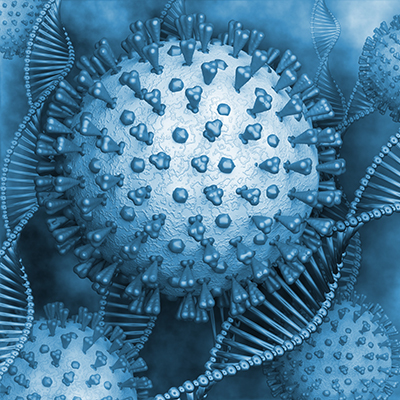 Short-lived nasal antibodies against COVID-19 may explain reinfection
Short-lived nasal antibodies against COVID-19 may explain reinfection
Research led by the University of Liverpool and Imperial College London found that antibodies produced in the nose decline nine months after COVID-19 infection, while antibodies in the blood last at least a year. Read More
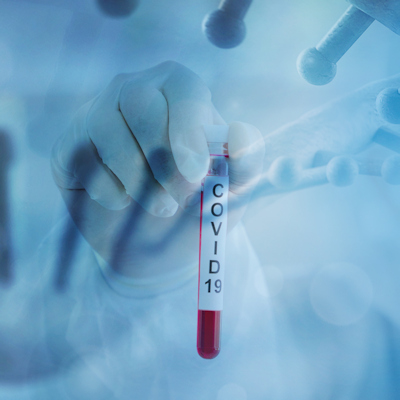 Plant offers potential for massive scale production of COVID-19 tests, vaccines
Plant offers potential for massive scale production of COVID-19 tests, vaccines
Viral antigen-based diagnostic tests as well as various vaccines have been key tools in fighting COVID-19. Read More
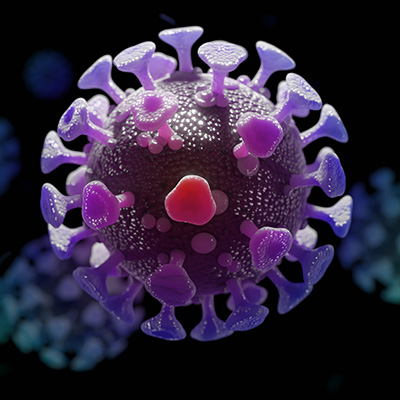 Discovery of toxin linked to severe COVID-19 points to new way to treat disease
Discovery of toxin linked to severe COVID-19 points to new way to treat disease
A viral toxin produced by the SARS-CoV-2 virus may damage cell barriers, inducing vascular leak and driving severe COVID-19 infections, according to researchers at the University of California, Berkeley (UC Berkeley). Read More
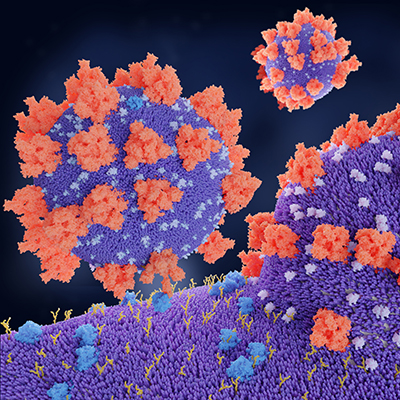 New drug 'fakes out' SARS-CoV-2 to neutralize it
New drug 'fakes out' SARS-CoV-2 to neutralize it
A new drug neutralizes SARS-CoV-2 and its variants by acting as an ACE2 receptor decoy, Dana-Farber Cancer Institute researchers revealed. Read More
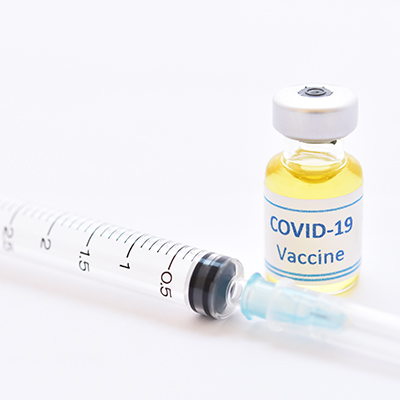 Vaccines offer long-term protection against severe COVID-19 in monkeys
Vaccines offer long-term protection against severe COVID-19 in monkeys
New research indicates that two-dose experimental SARS-CoV-2 vaccines provide protection against COVID-19-related lung disease in year-old rhesus macaques vaccinated as infants. Read More
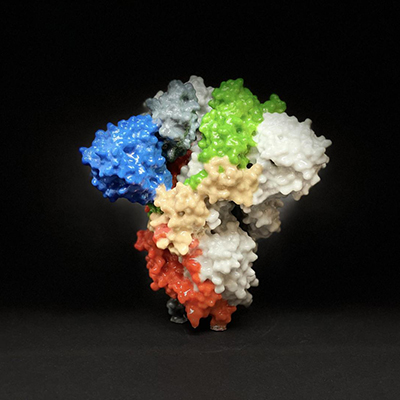 Estrogen receptors plus COVID-19 spike proteins cause coagulopathy
Estrogen receptors plus COVID-19 spike proteins cause coagulopathy
The SARS-CoV-2 spike protein interacts with the human estrogen receptor alpha in lung tissue and that may lead to severe coagulopathy. This process demonstrates the virus's varied impact based on sex and a path to improved vaccines, a team of U.S. and European researchers found. Read More
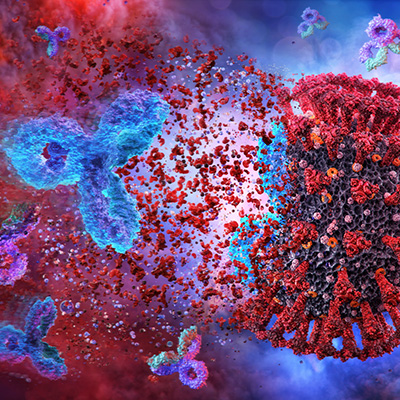 Omicron subvariants dodge neutralizing antibodies: study
Omicron subvariants dodge neutralizing antibodies: study
Three subvariants of SARS-CoV-2 currently sweeping through the U.S. are better at evading vaccine- and infection-generating neutralizing antibodies than earlier versions of the virus, new research finds. Read More
 New protein target may help fight COVID-19
New protein target may help fight COVID-19
A University of Geneva-led research team revealed a hidden cavity on the surface of a key non-structural SARS-CoV-2 protein. Their research, published November 22 in the journal eLife, may facilitate this cavity’s use as a target for binding therapeutic drugs. Read More
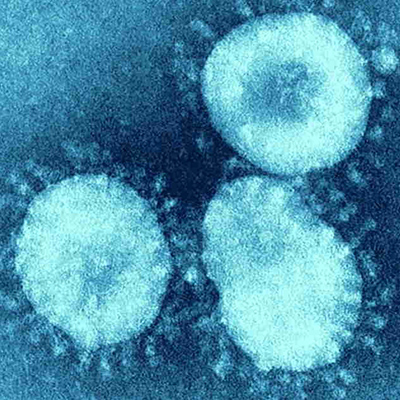 Rapidly generated artificial enzymes inhibit COVID-19 infection in preclinical tests
Rapidly generated artificial enzymes inhibit COVID-19 infection in preclinical tests
Artificial enzymes targeting the SARS-CoV-2 genome can inhibit viral infection, pointing to a new way to rapidly develop treatments for emerging biological threats such as COVID-19. Read More
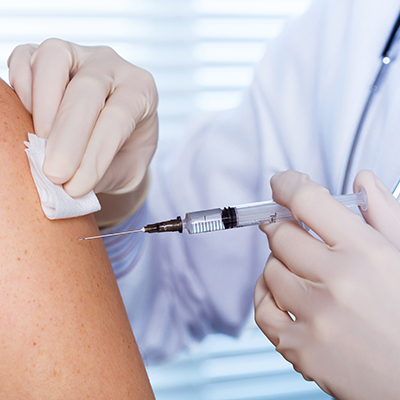 New drug may help fight both COVID-19 and cancer
New drug may help fight both COVID-19 and cancer
Keck School of Medicine researchers and collaborators have discovered that GRP78, a protein implicated in both COVID-19 and various cancers, may also help fight both diseases. Read More
Member Rewards
Earn points for contributing to market research. Redeem your points for merchandise, travel, or even to help your favorite charity.
Research Topics
Interact with an engaged, global community of your peers who come together to discuss their work and opportunities.
Connect
Tweets by @ScienceBoard



